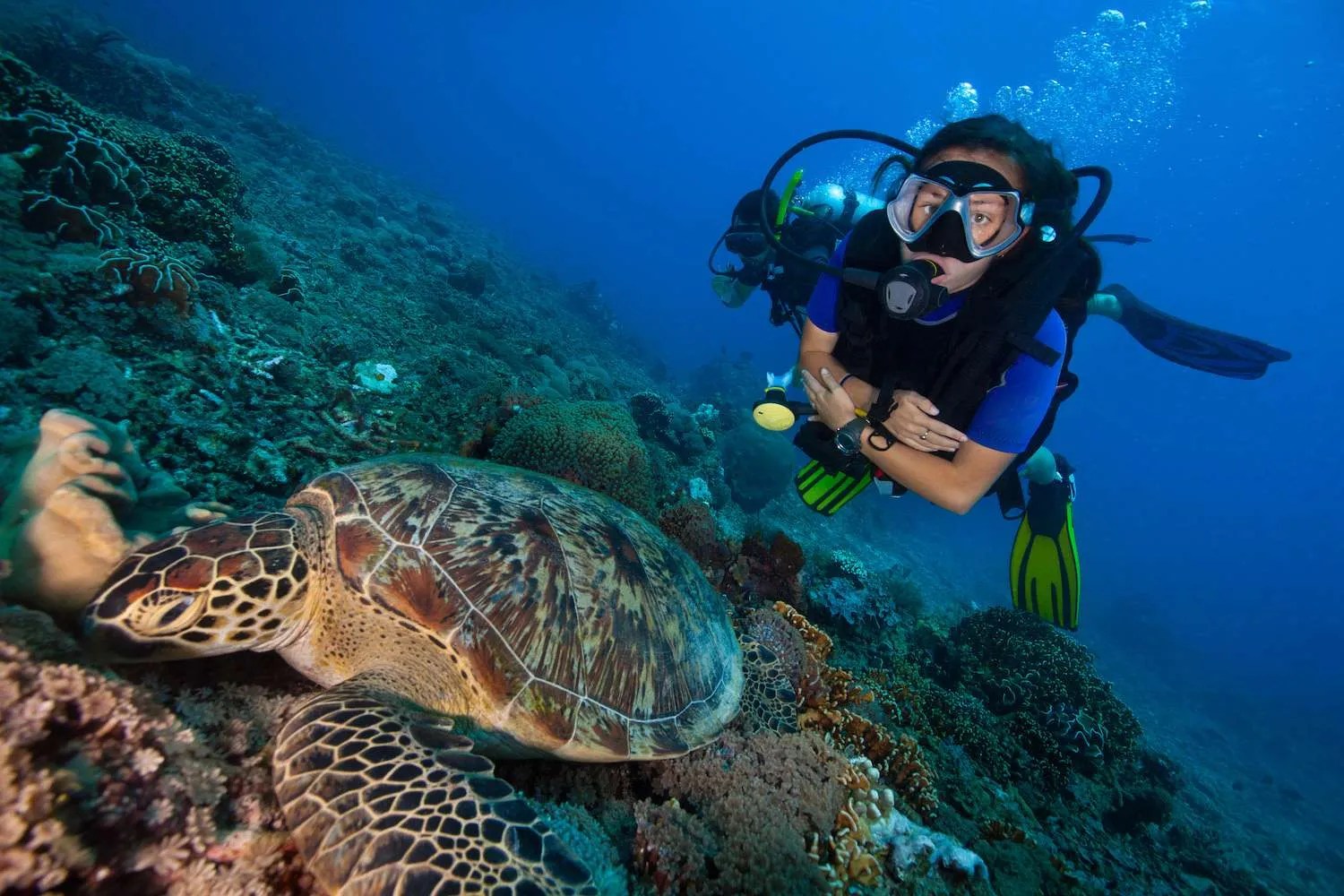Marine biologists are the guardians of our oceans, dedicated to unraveling the mysteries of marine life and ecosystems. Every day, they dive into a world that is as vibrant as it is complex, engaging in research, conservation, and education. Their work not only enhances our understanding of the underwater realm but also plays a crucial role in preserving it for future generations. But what do marine biologists do on a daily basis? This article will delve into the exciting and diverse activities that these scientists undertake as they explore the depths of our blue planet.
From fieldwork in coastal environments to lab analysis and public outreach, the day-to-day responsibilities of marine biologists vary widely based on their specific focus and the projects they are involved in. These activities can range from conducting experiments and collecting data to collaborating with other scientists and engaging with the public. Understanding what marine biologists do on a daily basis can offer a glimpse into the dedication and passion that drives these professionals in their quest to protect our oceans.
As we embark on this exploration of the daily lives of marine biologists, it’s important to appreciate the different facets of their work. The tasks they perform are not just about understanding marine species; they also involve addressing critical environmental issues, promoting sustainable practices, and inspiring the next generation of ocean advocates. So, what exactly do marine biologists do on a daily basis? Let’s dive deeper into their world.
What Types of Research Do Marine Biologists Conduct?
Marine biologists engage in a variety of research activities that are essential for understanding marine ecosystems. Their research can include:
- Studying marine organisms' behaviors and interactions.
- Examining the impact of environmental changes on marine life.
- Conducting population assessments for endangered species.
- Investigating the effects of pollution on marine habitats.
How Do Marine Biologists Collect Data?
Data collection is a fundamental aspect of a marine biologist's daily routine. They often employ several methods:
- Field surveys using boats or diving equipment.
- Sampling organisms and water quality in various habitats.
- Utilizing technology such as underwater drones and remote sensors.
- Analyzing data through statistical software.
What Role Does Fieldwork Play in Their Responsibilities?
Fieldwork is a crucial component of a marine biologist's job. During field studies, they:
- Observe marine life in their natural habitats.
- Collect samples for laboratory analysis.
- Document environmental conditions and changes.
- Engage in conservation efforts, such as habitat restoration.
What Do Marine Biologists Do in the Laboratory?
Laboratory work allows marine biologists to analyze the samples collected during fieldwork. Their laboratory tasks may include:
- Conducting genetic analysis of marine species.
- Testing water samples for pollutants and toxins.
- Studying the physiological responses of marine organisms to environmental stressors.
- Preparing reports and presentations based on their findings.
How Important Is Collaboration in Marine Biology?
Collaboration is vital in marine biology, as many projects require input from various experts. Marine biologists often work alongside:
- Ecologists to study ecosystem interactions.
- Oceanographers to understand ocean currents and climate impacts.
- Policy makers to advocate for marine conservation.
- Educators to promote awareness and education about marine issues.
What Role Does Education and Outreach Play?
Marine biologists are also educators. They engage in outreach by:
- Giving talks and presentations at schools and public events.
- Participating in community conservation projects.
- Creating educational materials and resources for the public.
- Mentoring students interested in marine science.
What Are the Challenges Faced by Marine Biologists?
Despite their passion, marine biologists encounter several challenges, including:
- Funding limitations for research projects.
- Access to remote or protected marine areas.
- Keeping up with rapidly changing environmental conditions.
- Addressing public misconceptions about marine conservation.
How Do Marine Biologists Make an Impact?
Through their research and outreach, marine biologists can make a significant impact by:
- Influencing conservation policies and practices.
- Enhancing public awareness about marine issues.
- Contributing to scientific knowledge that informs sustainable practices.
- Inspiring passion for the oceans in future generations.
In conclusion, understanding what marine biologists do on a daily basis reveals the depth of their commitment to marine science and conservation. Their work is multifaceted, encompassing research, fieldwork, collaboration, and education. Each day brings new challenges and opportunities to learn more about our oceans while advocating for their protection. The insights gained from their efforts not only advance scientific knowledge but also foster a greater appreciation for the vital role that healthy marine ecosystems play in our world.
You Might Also Like
Hydrating Your Workout: The Ultimate Guide To Gym Water BottlesUnlocking Opportunities: Low GPA MBA Schools
Unraveling The Mystery: What Happened To The Original Godzilla Suit?
Understanding The Troubles: Why Isn't My IRig 2 Working?
Mastering The Art Of Cat Sitting: A Complete Guide
Article Recommendations
- Best Veg Movies 2024 Top Picks Reviews
- Exploring The World Of Mrdeepfake A 2024 Guide
- Emiru Sick Latest Updates Amp News


:max_bytes(150000):strip_icc()/128069006-56a5f70a3df78cf7728abda0.jpg)